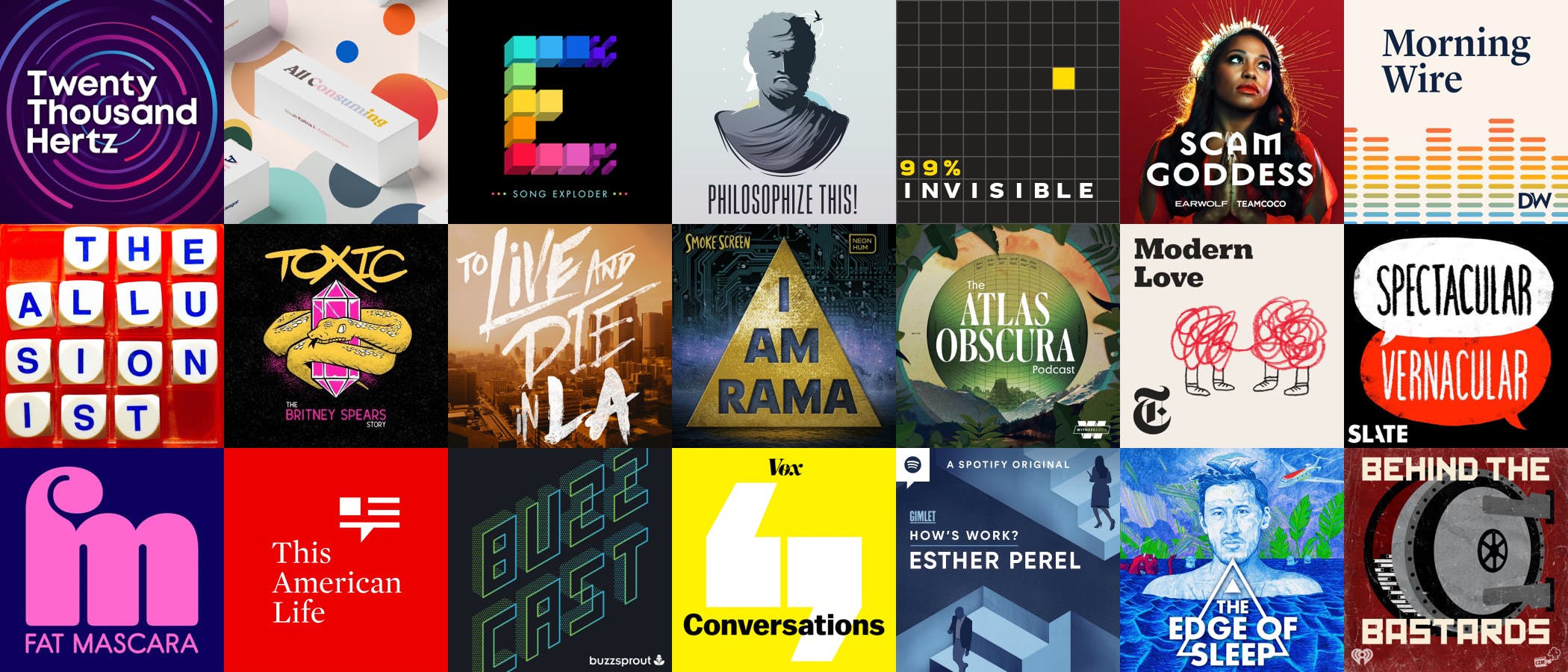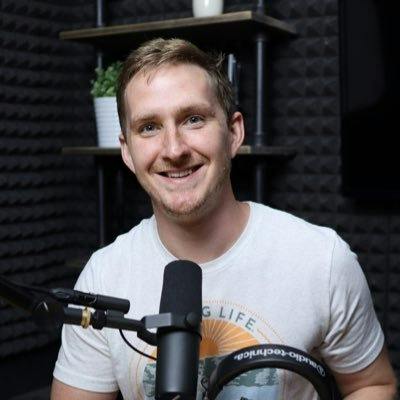
There’s Something Special About Podcasting
Podcasting is the perfect combination of both digital and analog media. And this has a lot to do with when it was invented.
Podcasting started in the early 2000s, long before social media, algorithmic feeds, and “going viral.” It was the perfect time for podcasting.
It allowed podcasting to be digitally native while retaining the original idealism of the internet, a democratized media where everybody had a voice and anybody could listen to what was important to them.
Podcasters uploaded new episodes, and listeners’ computers used RSS to download them automatically.
There weren’t big tech platforms between the creators and the listeners. There weren’t algorithms that amplified drama. And there wasn’t an app trying to “hack your attention,” so you binged a few episodes instead of going to sleep.
Podcasting was just real people sharing whatever was important to them.
When compared with TikTok, YouTube, and Twitter, podcasting can almost look quaint or less sophisticated. Maybe that’s true? But I’d also argue that it’s much more healthy, not just for podcast creators but also for podcast listeners.
I’ve joked that podcasts are the one type of media that accepts you have a life.
YouTube strives for full engagement 100% of the time, TikTok has another video if you’re bored for even two seconds, and anything written needs your entire focus.
On the other hand, podcasts fit into your life rather than consuming it. People listen to podcasts while working out, during their daily commute, or while cleaning up around the house.
It’s why 80% of people listen to most or all of the episodes they start. And this gives podcaster creators a unique opportunity to engage their audience with long-form content that forms a genuine connection.
On the technical side, podcasting is one of the only mediums where creators retain a direct connection to their audience.
Creators on YouTube, TikTok, and Facebook are dependent on the platforms to reach their audience. If a platform changes its algorithm or business models, creators have to change their strategy or risk losing their audience.
But when these same tech giants jump into (and out of) podcasting, it barely registers. Listeners just flip over to a new listening app, and the latest episode of their favorite podcast is ready for download.
Even after 20 years, podcasting has stayed close to its roots and offers an incredible opportunity for new creators.
There are 4.3M podcasts worldwide, which sounds like a lot until you realize there are 114M YouTube channels and 600M blogs. That means there are over 26 YouTube channels and 139 blogs for every podcast.
Podcasting really is a level playing field. You don’t need a team, you don’t need VC funding, you don’t need a high-tech recording studio, or a celebrity guest to start a podcast.
All you need is a cheap mic and something to say.
Alban Brooke
Alban Brooke is the Head of Marketing at Buzzsprout and the co-host of Buzzcast. Reach out on Twitter.
